Dog / Detail
Debunking Dog Food Myths: Fish, Chicken Bones, and Human Foods
Jonathan Bennet | 20 September 2024 | 18:05
Many myths and misconceptions surround dog food, often passed down through generations without scientific evidence to support them. Two common beliefs are that feeding dogs fish causes hair loss and that chicken bones can lead to choking.
This article will debunk these myths and provide valuable tips for feeding your dog a healthy, balanced diet.
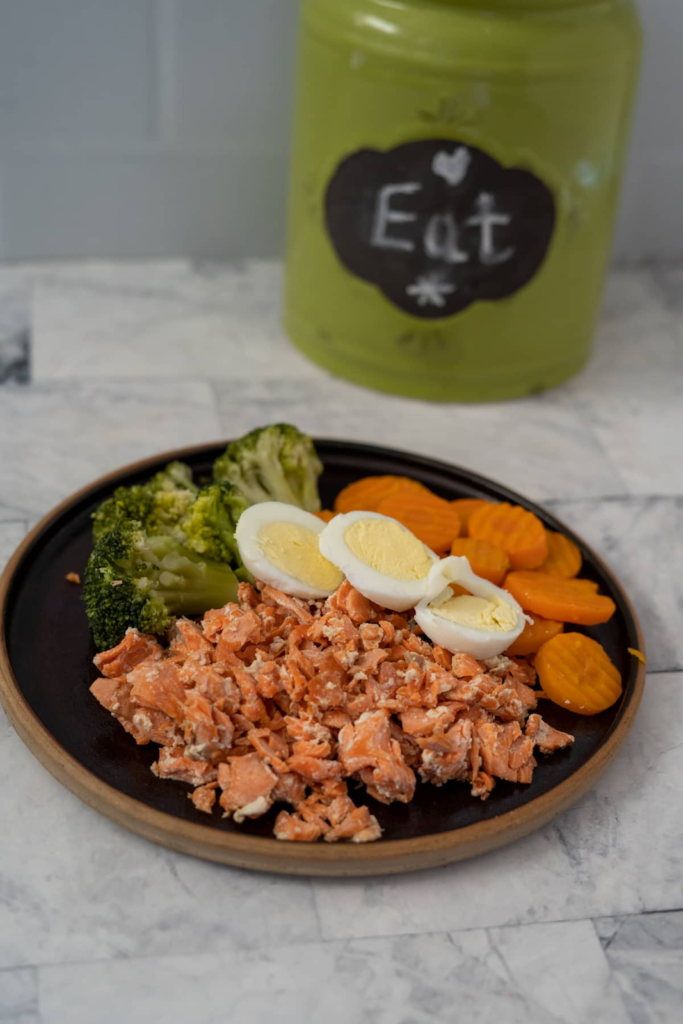
Fish: A Nutritional Powerhouse
The notion that feeding dogs fish causes hair loss is largely unfounded. In fact, fish is a highly nutritious food source for dogs, packed with essential fatty acids, protein, and minerals.
These nutrients are vital for healthy skin and coat, making fish an excellent choice for dogs with dry or itchy skin.
However, it is important to note that some fish species, such as salmon, may contain mercury. Excessive mercury intake can be harmful to dogs, so it is advisable to choose low-mercury fish or rotate different fish varieties in your dog's diet.
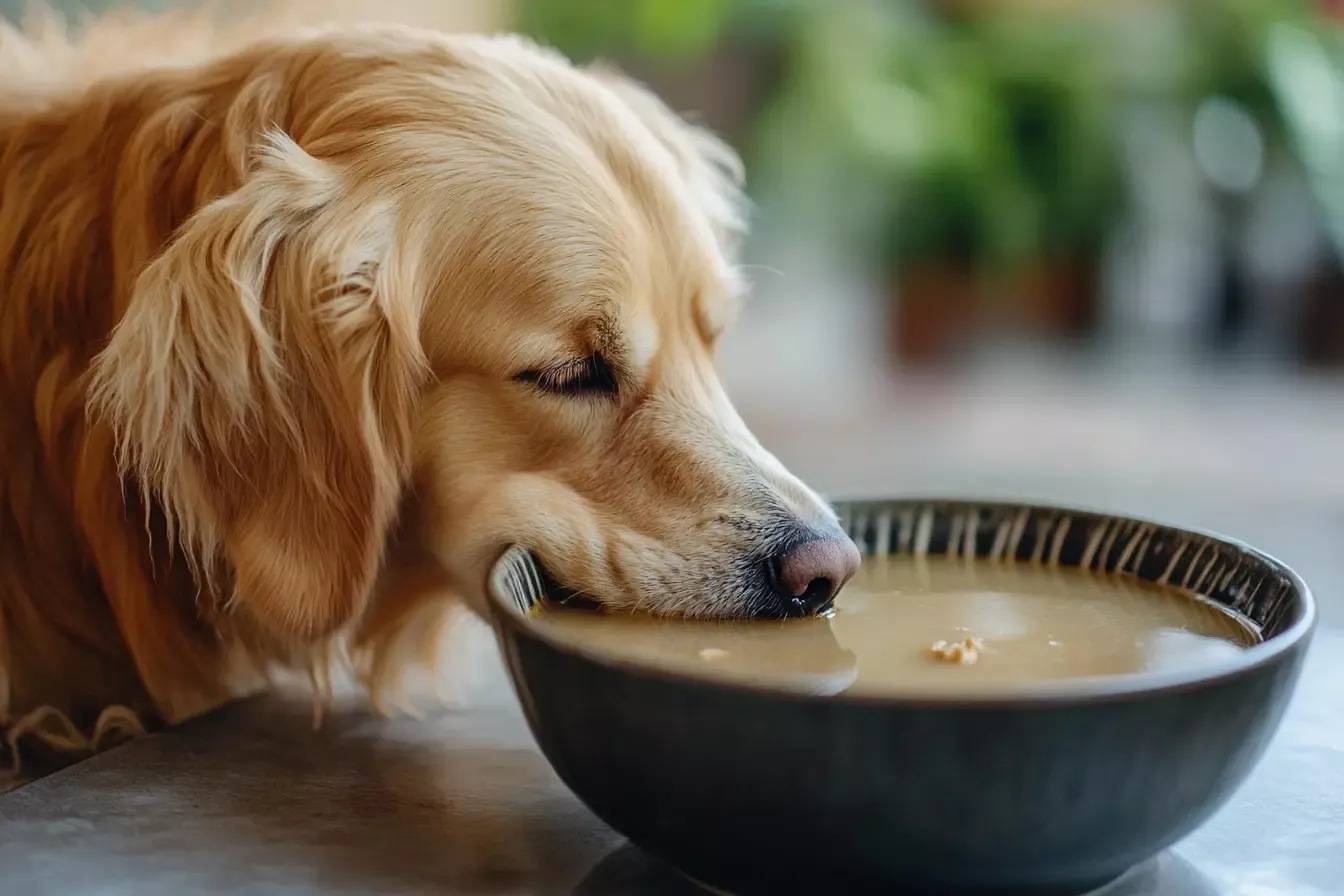
Chicken Bones: A Choking Hazard
The myth that chicken bones are a choking hazard for dogs is well-founded. When cooked, chicken bones become brittle and can splinter easily, posing a serious risk of injury to a dog's digestive system.
Ingesting splintered chicken bones can lead to cuts, punctures, or even intestinal blockage.
To avoid this risk, it is essential to avoid feeding dogs cooked chicken bones altogether. If you want to give your dog chicken, opt for cooked chicken breasts or ground chicken, which are safer alternatives.
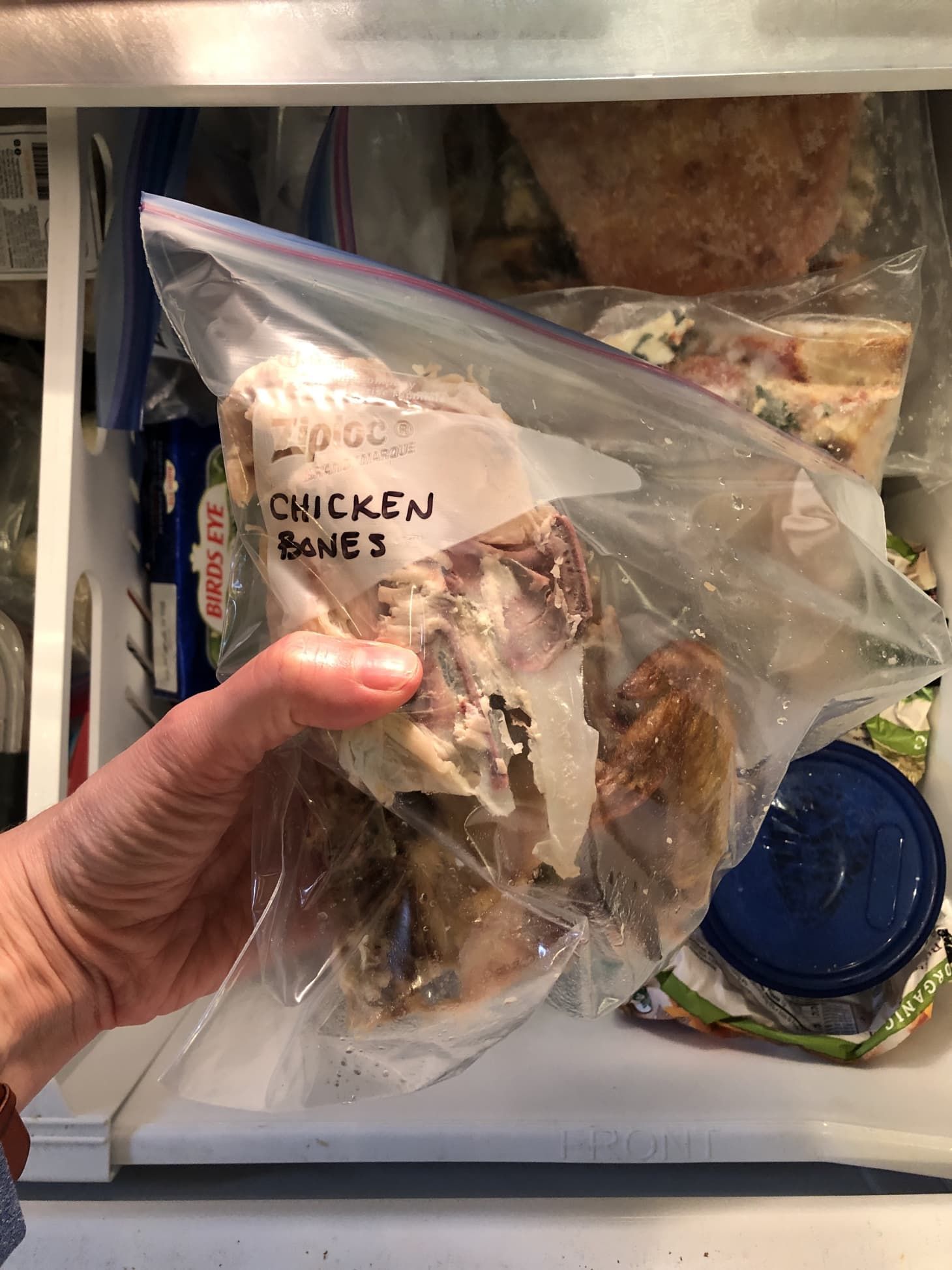
Human Foods: A Cautious Approach
While many human foods can be safely enjoyed by dogs, it is essential to exercise caution. Some foods are toxic to dogs, while others can lead to digestive issues. Here are some tips for feeding your dog human food:
- Avoid toxic foods: Foods that are toxic to dogs include chocolate, onions, garlic, grapes, raisins, and alcohol. Always research any human food before feeding it to your dog.
- Cook thoroughly: Raw meat and poultry can contain harmful bacteria. Ensure that all human food is cooked thoroughly before feeding it to your dog.
- Limit table scraps: While occasional table scraps can be a treat, excessive consumption of human food can lead to obesity and nutritional imbalances.
- Consider allergies: Some dogs may have allergies to certain foods. If your dog is experiencing symptoms like itching, vomiting, or diarrhea, consult with a veterinarian to rule out food allergies.
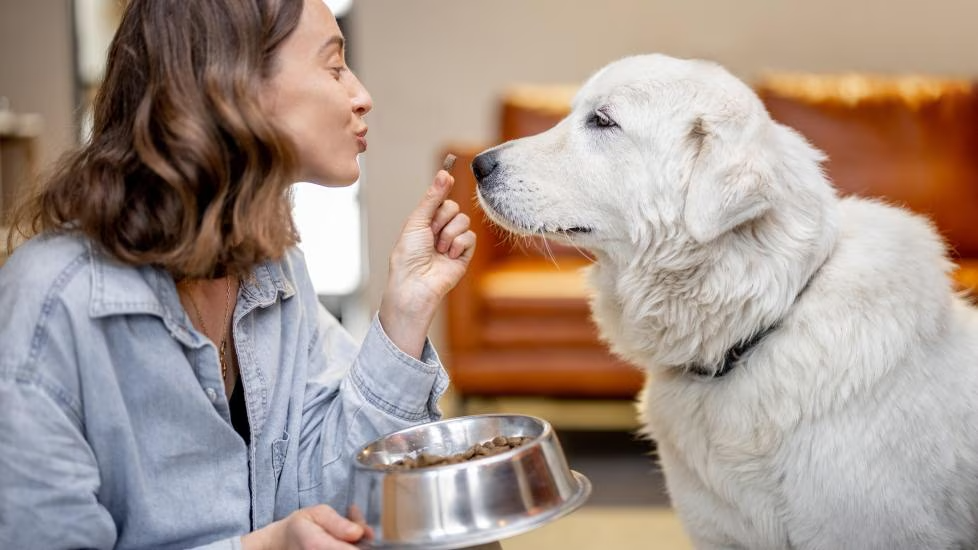
Choose a high-quality dog food: Look for dog food that is formulated to meet the nutritional needs of your dog's age, breed, and activity level. Read the ingredient list carefully and avoid foods that contain excessive fillers or artificial additives.
- Provide fresh water: Ensure that your dog has access to plenty of fresh water at all times.
- Feed your dog regularly: Stick to a consistent feeding schedule to avoid overeating or underfeeding.
- Monitor your dog's weight: Maintain a healthy weight for your dog by monitoring their food intake and activity level.
- Consult with a veterinarian: If you have any concerns about your dog's diet, consult with a veterinarian for personalized advice.
By debunking myths and following these guidelines, you can provide your dog with a healthy and balanced diet. Remember, the key to a happy and healthy dog is a nutritious diet combined with regular exercise, proper grooming, and veterinary care.
Related
-

The Healing Power of Dogs: How Canine Therapy is Revolutionizing Mental Health and Boosting Positive Energy in Humans
Dog14 November 2024
-

A Pawsitive History: Dogs of Nuremberg
Dog09 November 2024
-

The Role of Oxytocin in the Human-Dog Bond: The Science Behind Our Deep Connection
Dog06 November 2024
-
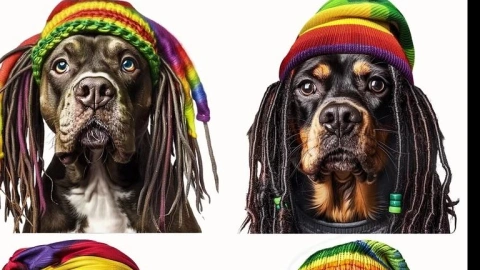
Beyond the Beach: Jamaica's Dog Lovers
Dog29 October 2024
-

A Dog's Delights: Homemade Snacks for Our Furry Babies, Recipes Included!
Dog29 October 2024
-
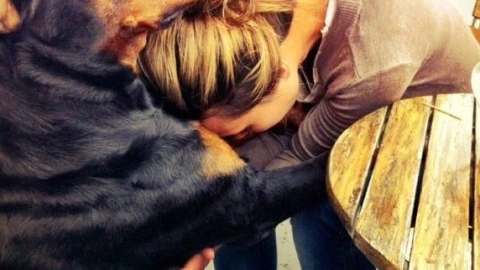
A Dog's Disorientation: Understanding Your Dogs' Wanderlust
Dog29 October 2024
Popular
-

-

A Pawsitive History: Dogs of Nuremberg
09 November 2024 -

-

Beyond the Beach: Jamaica's Dog Lovers
29 October 2024 -
